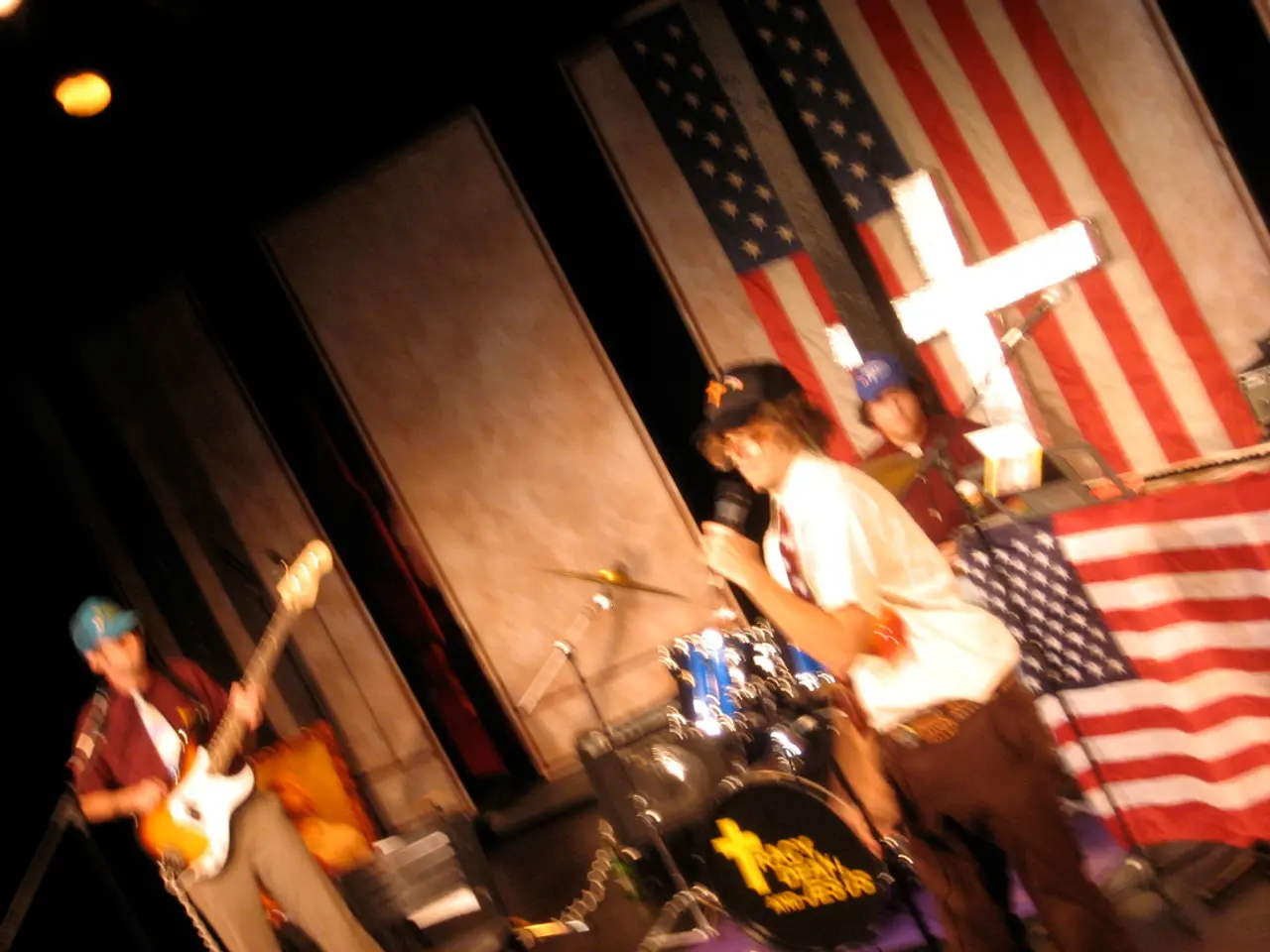Country Music's Heritage Rooted in Mexicans from America
Nadine Hubbs, a renowned musicologist, will deliver the Robert M. Stevenson Lecture at UCLA's Herb Alpert School of Music on October 18, 2022. The lecture, titled "Country-Loving Mexican Americans: Inevitable Fandom and Dual Patriotism among Mexican American Country Music Lovers," promises to shed light on an intriguing intersection of music, identity, and culture.
Hubbs, whose first book, "The Queer Composition of America's Sound," published in 2004, received acclaim from scholarly reviews and media outlets like The New York Times and Los Angeles Times, is no stranger to tackling complex issues. Her second book, "Rednecks, Queers, and Country Music," published in 2014, delved into the intersection of social class, sexuality, and aesthetics in country music.
For her second book, Hubbs's working-class roots and early exposure to country music made it a natural fit. Her motivation was to illuminate issues of social class and the history and politics of sexuality, an area where she found a gap in the established literature. To build her bibliography, she turned to various sources, including sociology and cultural anthropology.
Hubbs's recent work focuses on the connections between country music and Mexican Americans. She has conducted fieldwork in borderland communities with deep, complex histories of interactions between people of Anglo, Indigenous, and Mexican roots. Her research reveals that Mexican American fans of country music consider it to be Mexican American music and point to its "Mexican values" as proof that country music belongs to them.
The figure of the vaquero (cowboy), of Mexican origins, plays a significant role in this narrative. Mexican American country fans emphasize the importance of the Mexican cowboy in country music and the influence of rancho culture. Western aesthetics, including music, clothing, and jewelry, have Mexican and Indigenous roots, challenging the notion that country music is exclusionary or only appealing to white people.
Sherry Ortner, a UCLA Anthropologist, has been an important influence on Hubbs's work. Her second book sheds light on the role of musical taste in producing class inequality in America and uses country music as a lens onto the middle-class monopoly on sexual-gender acceptance and on social progressivism more broadly.
While specific details about the content of Hubbs's lecture at UCLA are not yet available, her body of work suggests a thought-provoking exploration of the connections between country music, social class, and identity among Mexican Americans. For those interested in learning more, UCLA's event archives or publications related to the lecture might provide more detailed information about her presentation.
In light of her extensive research on the intersections of music, social class, and identity, Nadine Hubbs's upcoming lecture at UCLA's Herb Alpert School of Music is expected to delve into the realm of education-and-self-development, tackling the intricate connections between country music, lifestyle, and the identity of Mexican Americans. Amidst her thought-provoking discourse on these subjects, she may also highlight entertainment elements that contribute to the popularity of country music among this demographic.




